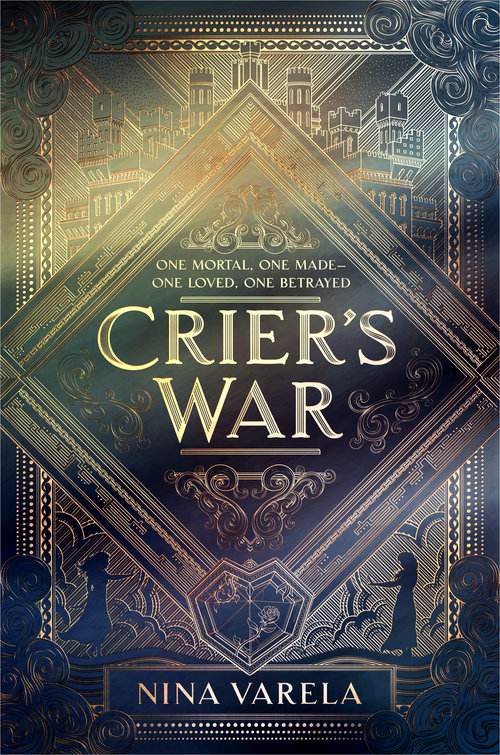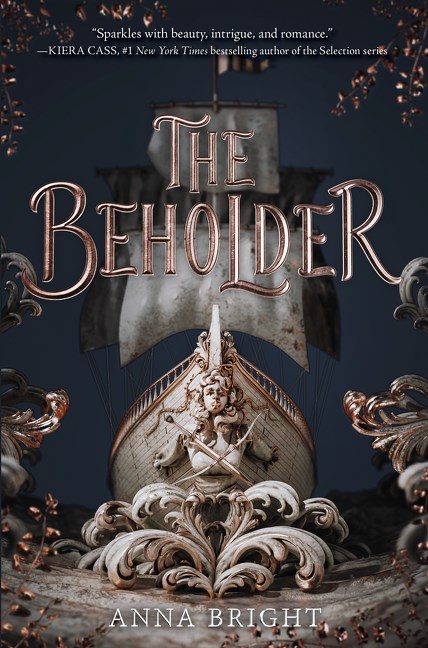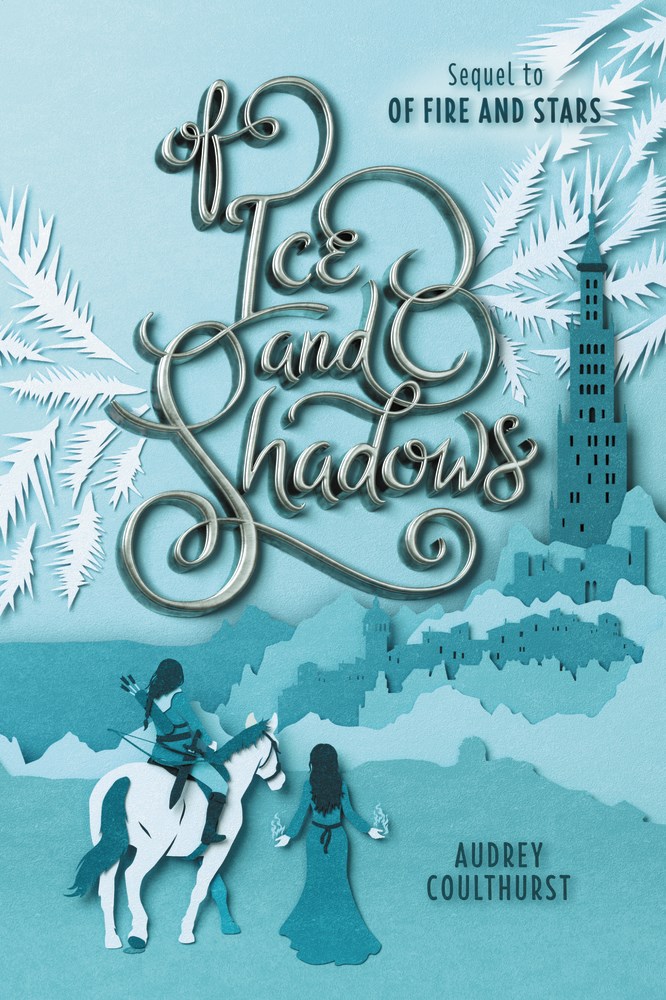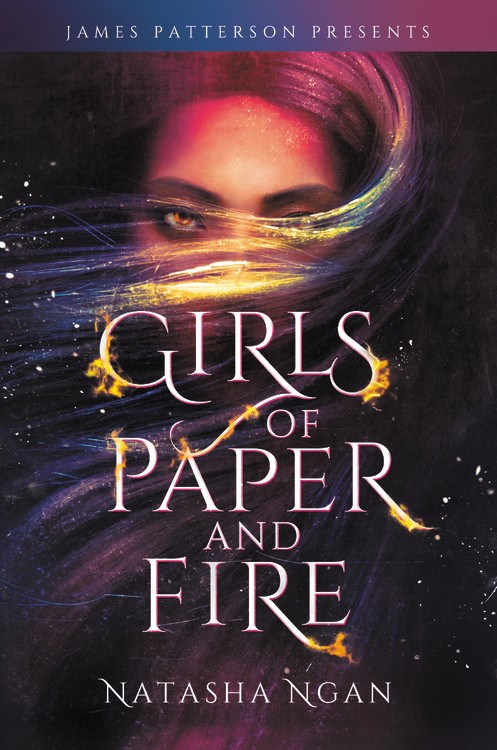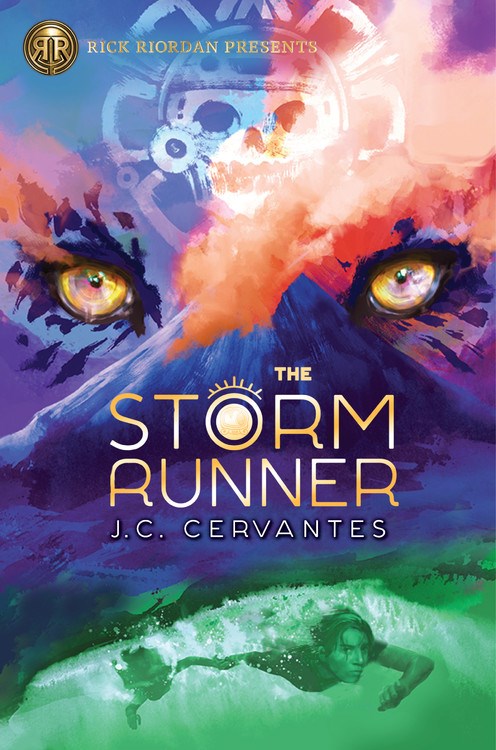Crier’s War
Because authors bravely explore controversial topics and ask important what if and why questions and then explore their potential results explains one of the reasons I love reading. Authors who tackle bioethics are especially intriguing—perhaps because they ask significant questions before the moment when the decision seems like it has already been made. With progress in life science, technology, and medicine, bioethical issues are increasingly confronting us on the evening news, in social media, and even in our own lives. Books like Nina Varela’s Crier’s War not only open the topic of bioethics for young adult audiences but make it accessible. In this debut YARead More →

